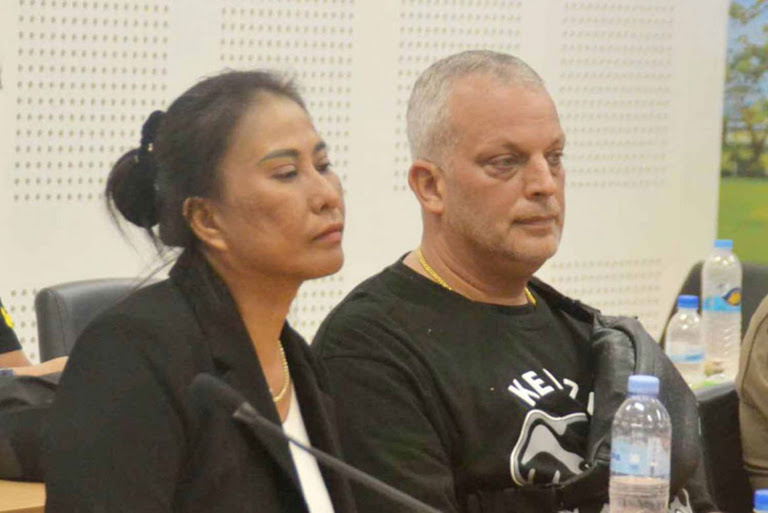Phuket Beach Assault Case Reveals Tourism Land Rights Conflict
Swiss man’s assault conviction unearths concerns about illegal beachfront construction and the struggle to balance tourism revenue with local rights.

The sentencing of Urs “David” Fehr, a Swiss national, to one month in prison for assaulting a doctor in Phuket might seem like a straightforward case of justice served. But peeling back the layers of this “beach bully” incident, as these recent findings detail, reveals a complex web of issues surrounding tourism, land rights, and the enforcement of law in a rapidly developing nation.
The incident itself, captured on video and sparking public outrage, hinged on a dispute near a luxury villa. Dr. Thandao Chandam claimed Fehr kicked her. Fehr claimed it was an accidental slip. The initial dismissal of the case by the Phuket Provincial Court highlighted the difficulties in proving intent, and the power dynamics that can play out in areas heavily reliant on tourism revenue. The reversal by the Court of Appeal, sentencing Fehr in absentia after he apparently fled the country, underscores the shifting tides of accountability, even if the sentence itself is comparatively light.
But the case is more than just a he-said, she-said scenario with international implications. It serves as a microcosm of larger, systemic problems. The subsequent investigation into the illegally constructed steps leading to the beach points to a crucial element: the often-blurred lines between private property and public access in tourist hotspots. This isn’t just about one Swiss man’s actions; it’s about the broader forces at play in shaping the landscape of Phuket and other similar destinations.
The issues raised in the case aren’t unique to Phuket. They reflect tensions that are bubbling up across many rapidly developing tourist destinations. Consider:
- The potential for conflicts between long-term residents and newly arrived expatriates, particularly those with significant financial resources.
- The challenges in balancing economic growth driven by tourism with the preservation of local culture and environmental resources.
- The complexities of enforcing regulations related to land use and development, especially when powerful interests are involved.
- The crucial role of social media in amplifying local grievances and holding individuals accountable, potentially influencing judicial outcomes.
The demolition of the illegally built steps, while seemingly a victory for public access, also raises questions about the scale of such encroachments and the resources dedicated to addressing them. Are these isolated incidents, or symptoms of a more pervasive problem?
The Fehr case highlights the fragile equilibrium between economic progress and social justice. It forces us to confront the question: Who truly benefits from the allure of “paradise,” and at what cost?
The uproar surrounding the “beach bully” incident and the subsequent legal proceedings acted as a pressure valve. The response suggests a deep-seated frustration among local residents, who called for greater efforts to reclaim public spaces. However, real and lasting change requires a more systematic approach, addressing the root causes of these issues. This means strengthening land-use regulations, increasing transparency in development projects, and empowering local communities to participate in decisions that affect their lives. Without such fundamental reforms, the Fehr case will remain a cautionary tale, a symbol of the deeper cracks beneath the idyllic surface of paradise.









